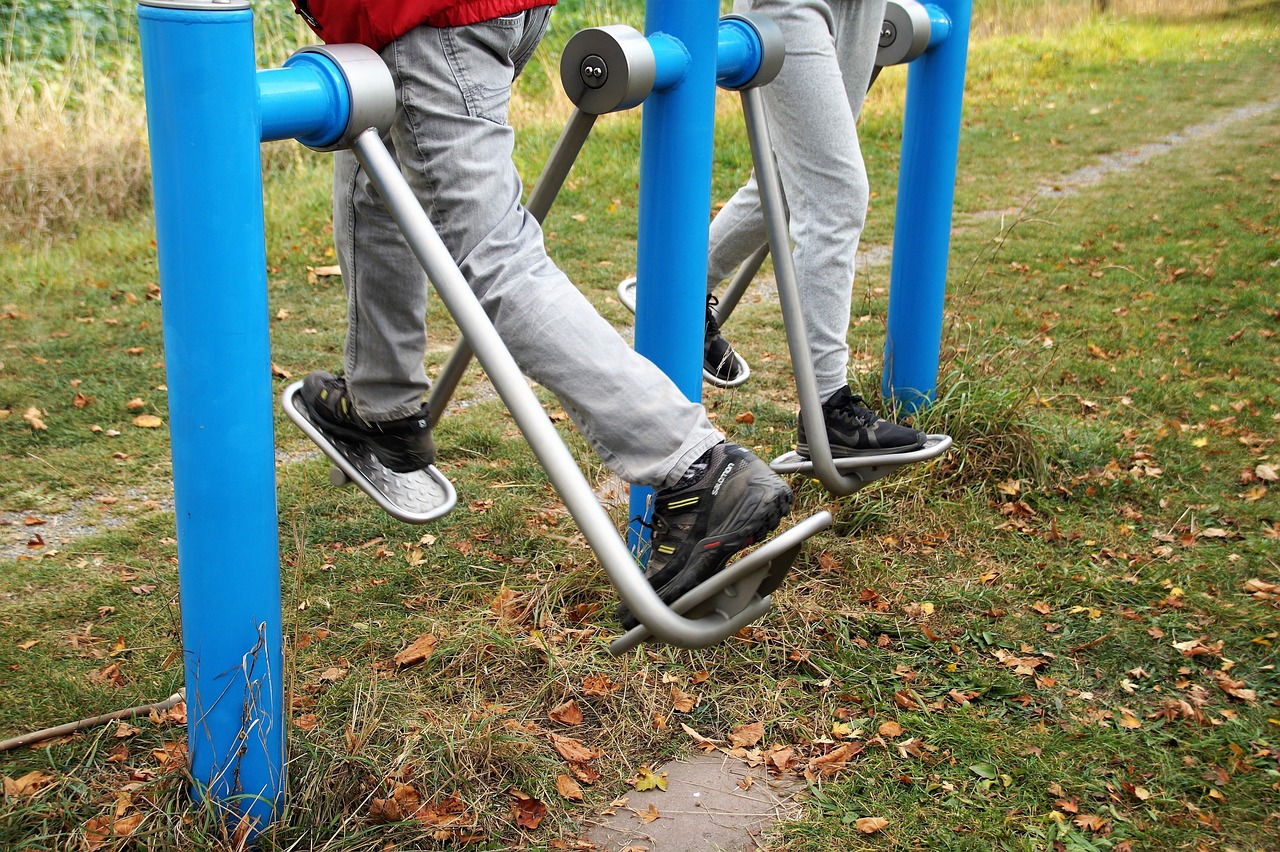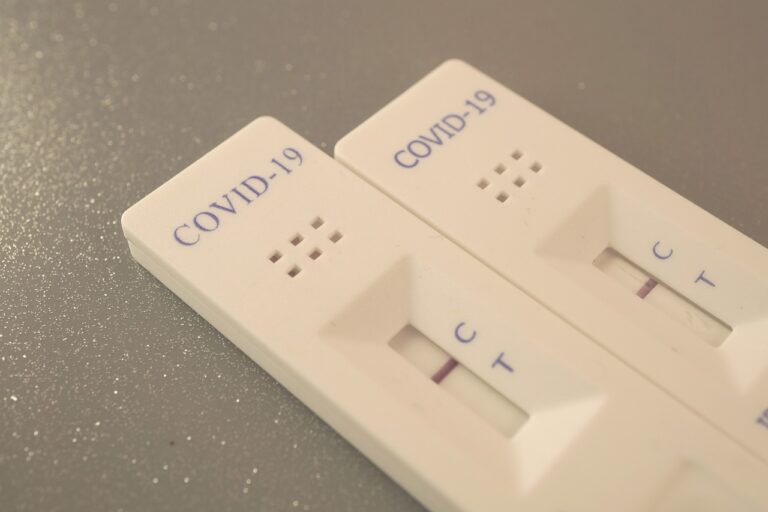Mental Health Services for People with Disabilities: Addressing Co-occurring Conditions
betbhai9 com sign up, playexch, gold365win: Mental health services for people with disabilities are crucial in addressing co-occurring conditions and ensuring overall well-being. Individuals with disabilities often face unique challenges and may be at a higher risk for mental health issues such as depression, anxiety, and trauma. It is essential to provide tailored support to meet their specific needs and promote mental health wellness.
Understanding the unique needs of individuals with disabilities is critical in providing effective mental health services. Many people with disabilities face barriers to accessing care, including physical limitations, communication challenges, and stigma. It is essential to offer accessible and inclusive services that accommodate these barriers and provide support in a compassionate and understanding manner.
One key aspect of providing mental health services for people with disabilities is addressing co-occurring conditions. Co-occurring conditions refer to the presence of both a mental health disorder and a developmental or physical disability. Individuals with co-occurring conditions may require specialized support and interventions to effectively manage their mental health symptoms.
Here are some important considerations for addressing co-occurring conditions in people with disabilities:
1. Individualized treatment plans: Tailoring treatment plans to meet the unique needs and abilities of each individual is essential in addressing co-occurring conditions. This may include incorporating accommodations such as communication aids, visual supports, and sensory tools to facilitate engagement in therapy.
2. Collaborative care: Collaboration between mental health providers, healthcare professionals, and support staff is essential in providing holistic care for individuals with disabilities. Working together as a team can ensure coordinated and comprehensive support for addressing co-occurring conditions.
3. Sensory considerations: People with disabilities may have sensory sensitivities that impact their mental health and well-being. Creating a sensory-friendly environment and incorporating sensory-friendly interventions can help individuals feel more comfortable and supported during treatment.
4. Trauma-informed care: Many individuals with disabilities have experienced trauma, which can impact their mental health and exacerbate symptoms of co-occurring conditions. Providing trauma-informed care that recognizes and addresses past trauma is essential in promoting healing and recovery.
5. Psychoeducation and skill-building: Providing psychoeducation about mental health and teaching coping skills and strategies can empower individuals with disabilities to better manage their symptoms and improve their overall well-being.
6. Peer support: Connecting individuals with disabilities to peer support groups and networks can provide valuable social connections, validation, and encouragement in their mental health journey. Peer support can help reduce feelings of isolation and provide a sense of community and belonging.
By addressing co-occurring conditions and providing tailored mental health services, we can support the well-being and recovery of individuals with disabilities. It is essential to advocate for accessible and inclusive mental health services that meet the unique needs of this population and promote mental health wellness for all.
—
FAQs:
Q: What are some common mental health issues that people with disabilities may experience?
A: Common mental health issues that people with disabilities may experience include depression, anxiety, PTSD, and trauma-related disorders.
Q: How can I access mental health services for a loved one with a disability?
A: You can start by contacting local mental health providers, disability organizations, or healthcare professionals for referrals to mental health services tailored to individuals with disabilities.
Q: Are there online resources available for mental health support for people with disabilities?
A: Yes, there are online resources and support groups specifically designed for individuals with disabilities who are seeking mental health support. Websites such as The Mighty and NAMI offer valuable information and resources for mental health wellness.







